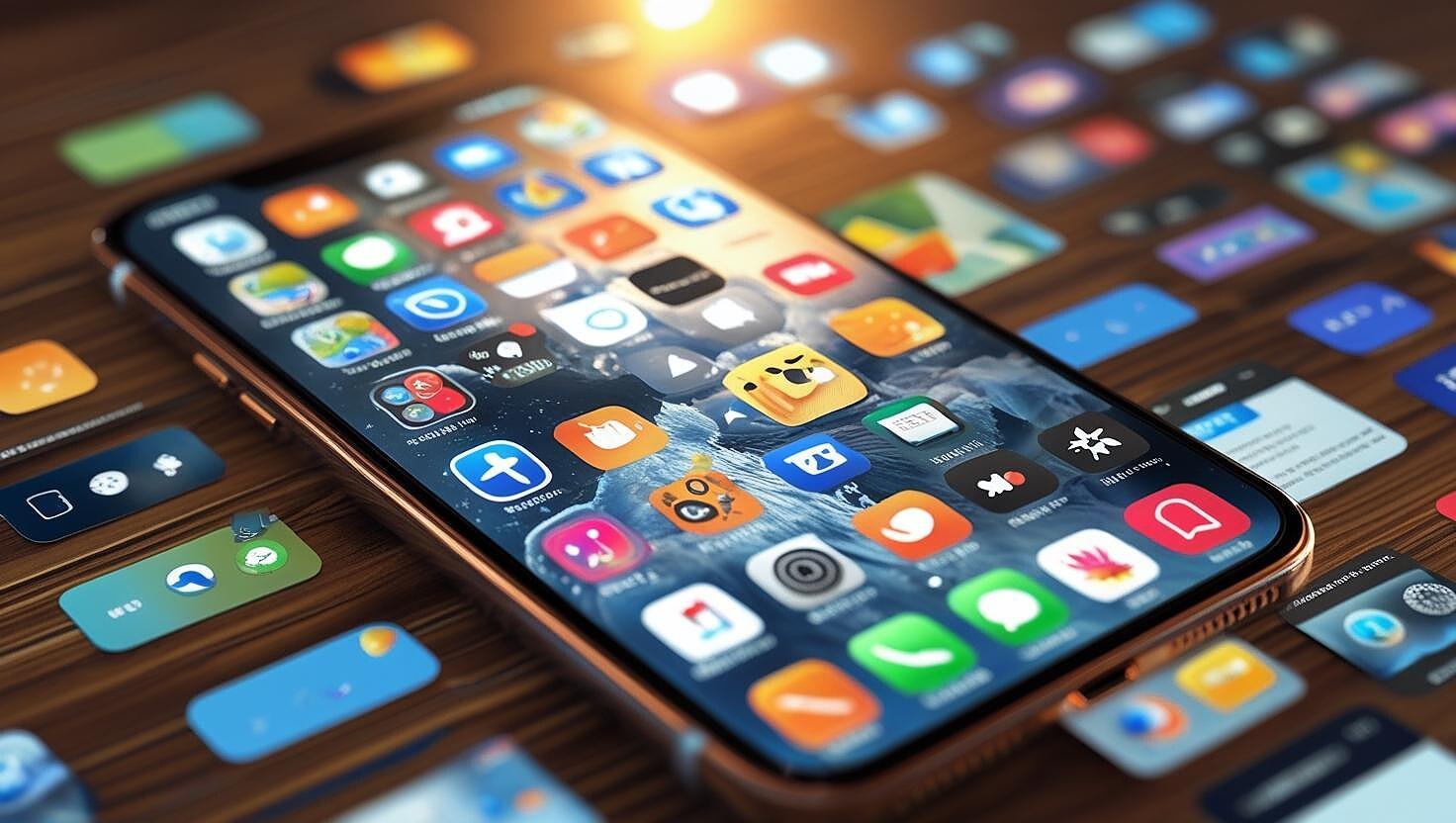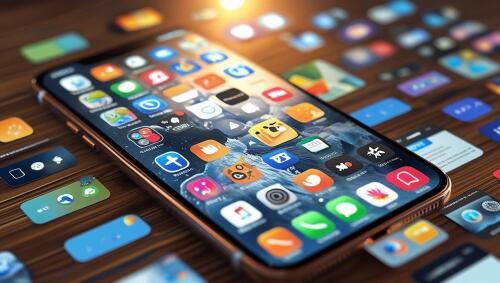
Tech vs. Your Brain: What’s Really Going On?
In our fast-paced digital world, technology is ever-present, especially social media. It connects us, entertains us, informs us, and fills in every spare moment of the day. But have you stopped to notice how it actually makes you feel?
After a scroll through your favorite apps, do you feel uplifted and energized? Or do you feel mentally drained, emotionally disconnected, and oddly unsatisfied?
This isn’t just coincidence. Technology, especially social media, interacts with your brain in very specific ways, ways that can both hook and harm.
Let’s take a closer look at how your brain responds to tech:
.jpg) 1.
It
Creates
Addictive
Behavior
1.
It
Creates
Addictive
Behavior
Social media platforms are designed to capture your attention and keep it. They do this by hijacking your brain’s reward system. Each like, comment, or notification triggers a release of dopamine, that “feel good” chemical linked to pleasure and motivation. Over time, this creates a loop of instant gratification that mirrors the behavior patterns seen in addiction.
You start checking your phone out of habit, not need. You crave those tiny hits of validation, even when they leave you feeling empty afterward.
 2.
It
Disrupts
Your
Sleep
2.
It
Disrupts
Your
Sleep
Scrolling through your phone before bed might seem harmless, but it’s one of the biggest culprits behind poor sleep. The blue light emitted from screens interferes with your body’s natural circadian rhythm by suppressing melatonin, the hormone responsible for helping you fall and stay asleep.
Even just a few minutes of screen time before bed can lead to difficulty falling asleep, restless nights, and feeling groggy the next day.
 3.
It
Reduces
Memory
and
Focus
3.
It
Reduces
Memory
and
Focus
We live in an age of constant pings, alerts, and information overload. While this gives us access to more data than ever before, it comes at a cost: your brain’s ability to retain and recall information is diminished.
Every time your attention is pulled in a new direction, your brain must refocus, which weakens memory consolidation and limits your capacity for deep thinking. Over time, reliance on digital tools can reduce your natural recall and make it harder to concentrate on tasks without distractions.
 4.
It
Increases
Anxiety
and
Comparison
4.
It
Increases
Anxiety
and
Comparison
Social media can make us feel more connected, but it often does the opposite. The curated perfection we see in others’ lives can lead to harmful comparisons, low self-worth, and a constant sense of “not measuring up.”
Add to that the pressure to stay constantly connected and the ever-present fear of missing out (FOMO), and it’s no wonder anxiety is on the rise, especially among younger generations.
Challenge: Reconnect With What Matters
Technology isn’t inherently bad, but mindless or excessive use can take a serious toll on your mental and emotional well-being.
Here’s a simple challenge:
Track your screen time. Notice when and how often you're reaching for your phone.
Tune into your mood. Pay attention to how different types of content make you feel.
 Make
space
for
what
truly
fulfills
you.
Seek
out
real
conversations,
quiet
moments,
movement,
nature,
and
genuine
connection.
Make
space
for
what
truly
fulfills
you.
Seek
out
real
conversations,
quiet
moments,
movement,
nature,
and
genuine
connection.
Your brain—and your life—will thank you.
Technology should work for you, not against you. By becoming more mindful of how it affects your brain and emotional state, you can take back control and cultivate habits that nourish rather than drain you. It’s not about disconnecting completely; it’s about reconnecting with what really matters and what is real.
- Julie "Brain Lady" Anderson

